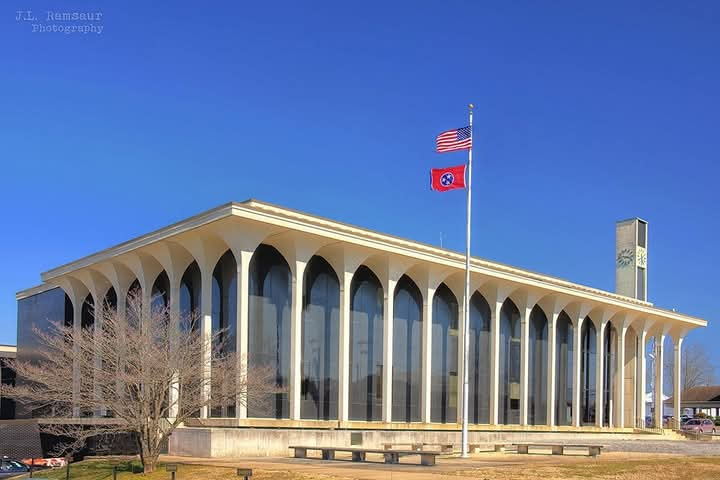Trump Establishes White House Faith Office to Support Religious Groups and Communities
In a move aimed at strengthening the role of faith-based organizations in American society, President Trump signed an executive order to establish the White House Faith Office. This initiative is designed to empower religious institutions, community organizations, and places of worship, recognizing their vital contributions to social and moral well-being.
By formalizing this office, the administration underscores its commitment to protecting religious freedom and ensuring that faith-driven groups have a voice in policy-making. These organizations play a crucial role in addressing societal challenges, from providing social services to offering moral guidance and community support. The new office seeks to foster collaboration between the government and religious institutions, ensuring their contributions are acknowledged and supported.
A key focus of the initiative is strengthening families and uplifting communities. Faith-based organizations often serve as cornerstones of support, offering assistance to vulnerable populations, promoting values that encourage social stability, and fostering a sense of belonging. Through this executive order, the administration aims to enhance the positive impact these groups have on society by reducing bureaucratic barriers and expanding opportunities for their engagement.
Beyond supporting community efforts, the White House Faith Office reinforces the fundamental principle of religious liberty. Ensuring that individuals and organizations can freely practice their faith without undue government interference remains a priority. This move aligns with the broader commitment to safeguarding First Amendment rights, recognizing the essential role that faith plays in shaping American values and traditions.
Overall, this initiative represents a significant step in promoting faith-based engagement at the national level. By empowering religious organizations, the White House aims to strengthen the fabric of society, enhance community outreach efforts, and uphold the constitutional rights that protect religious expression.



